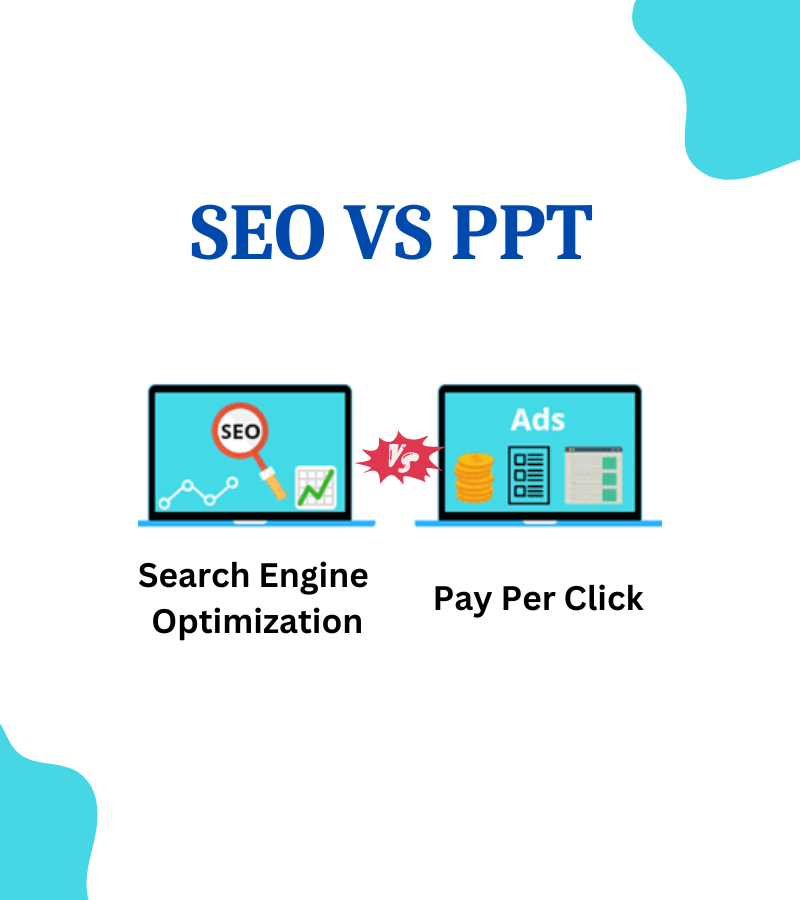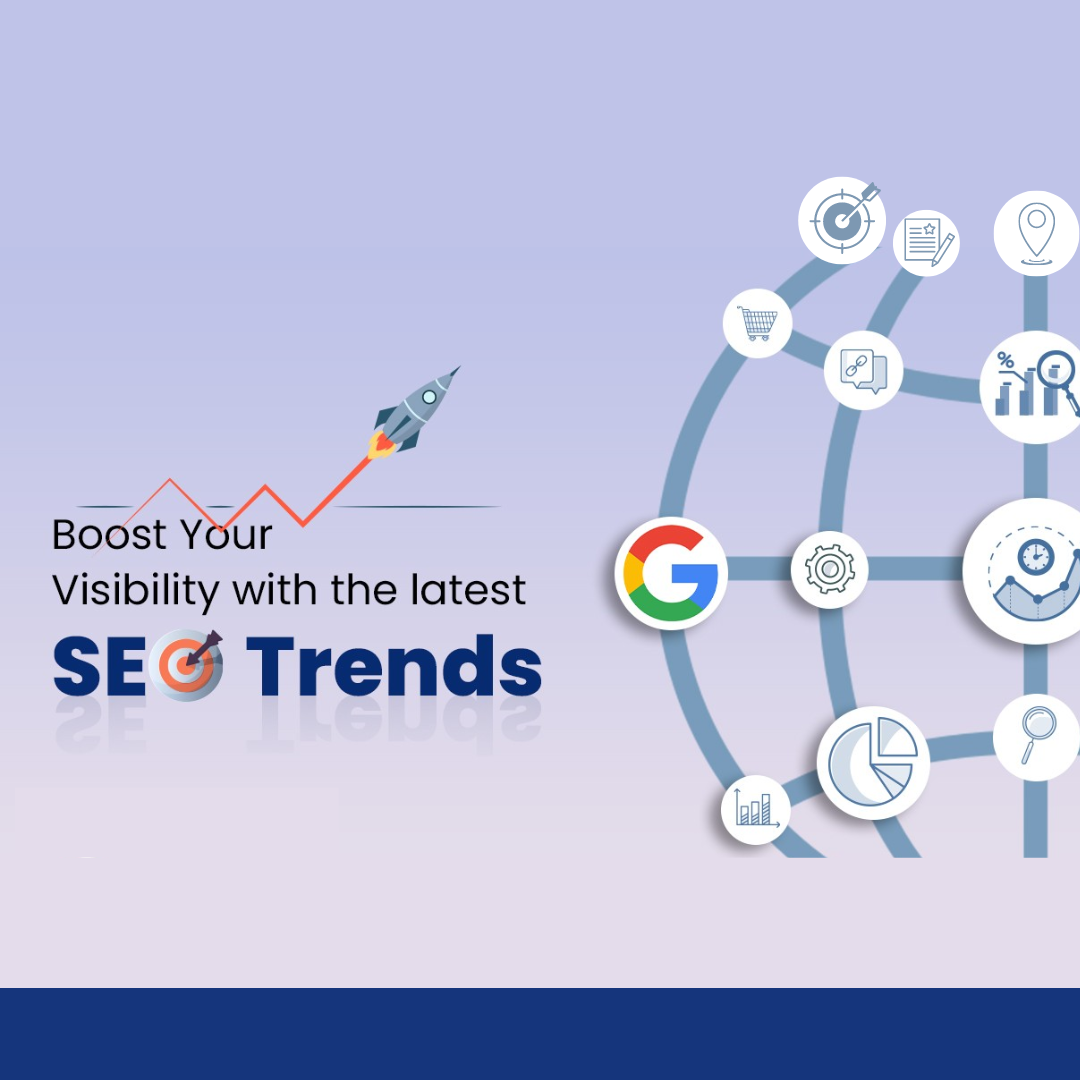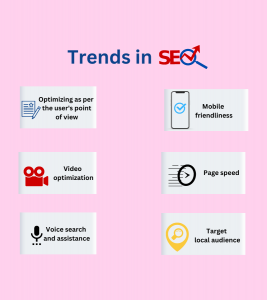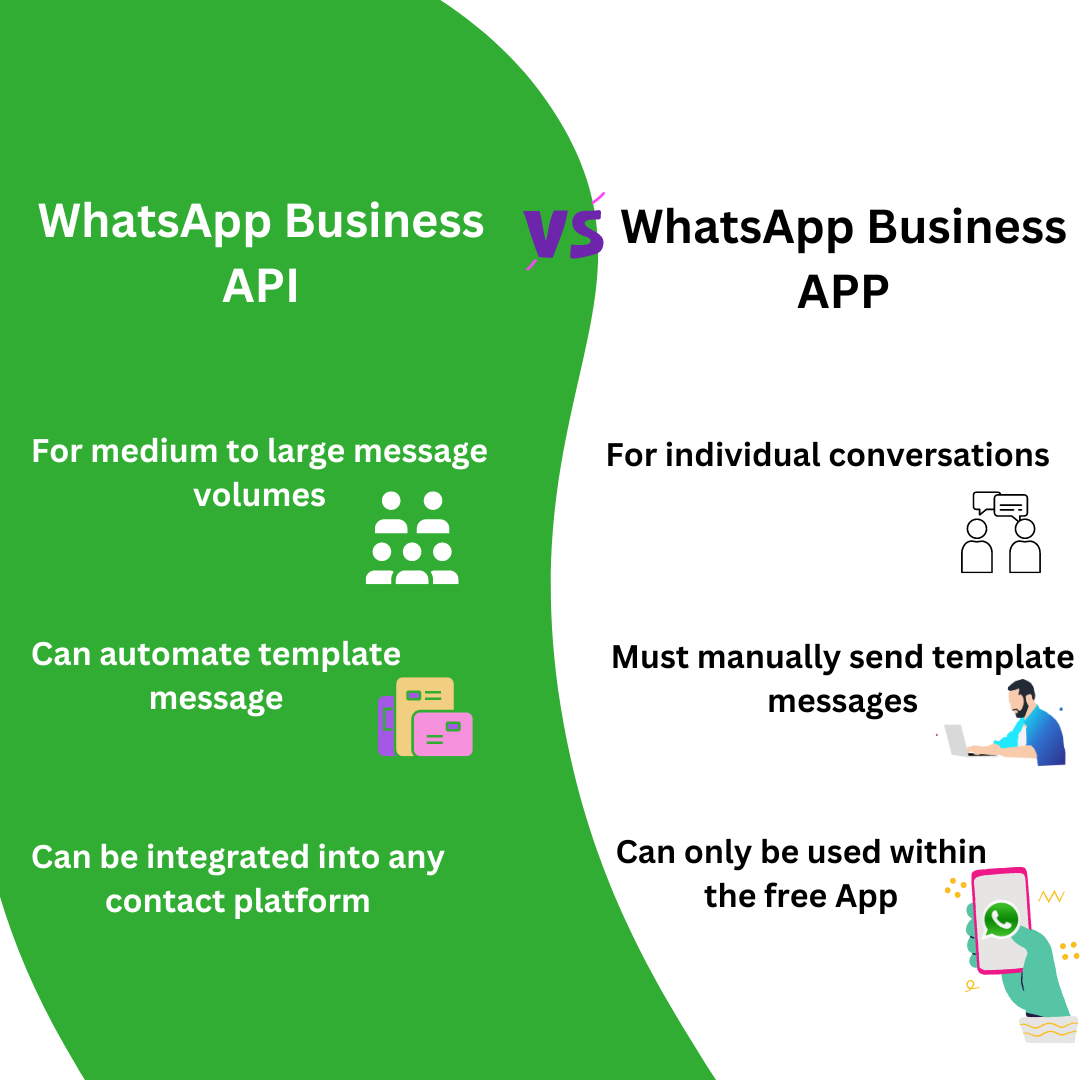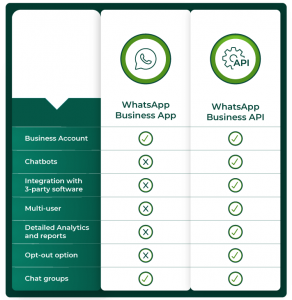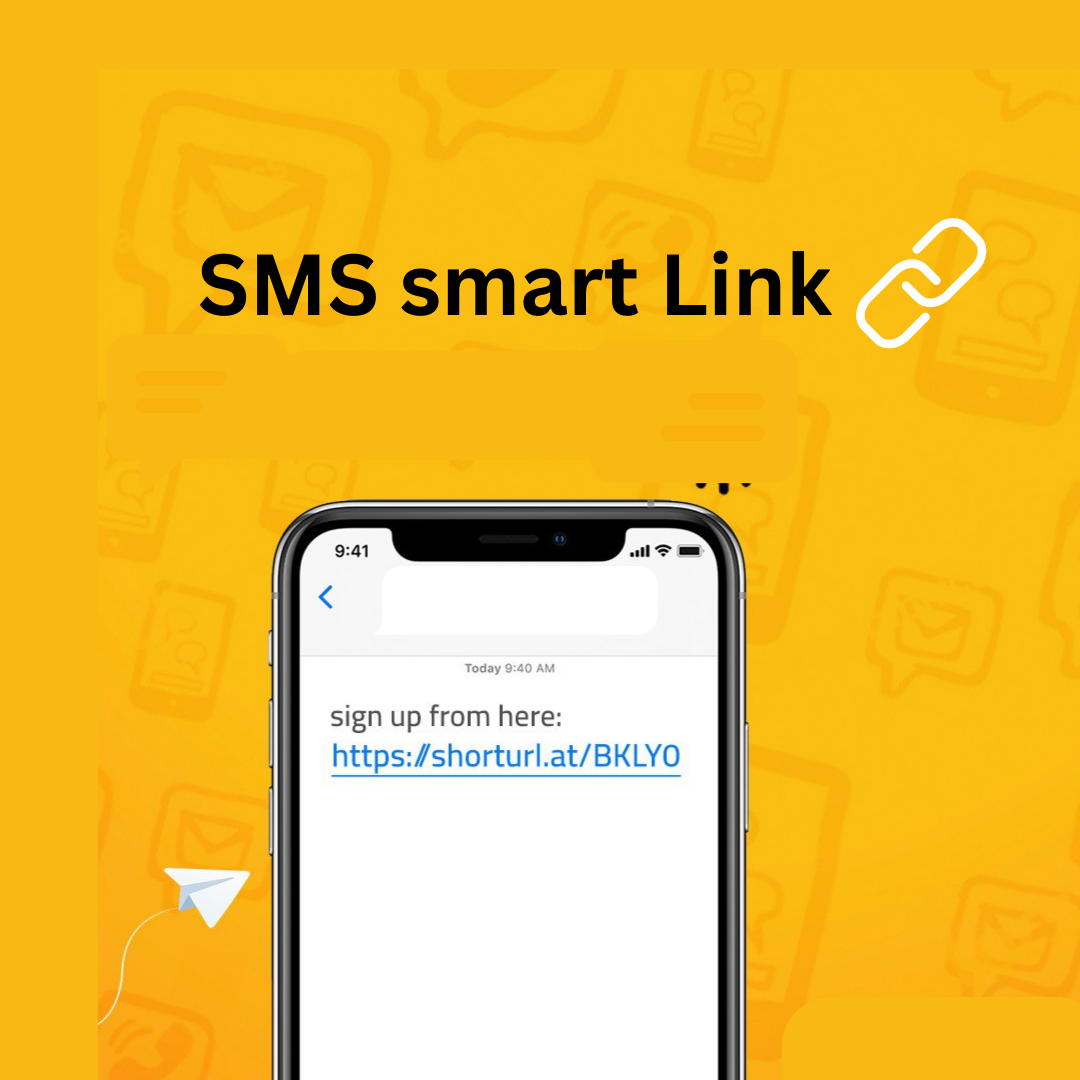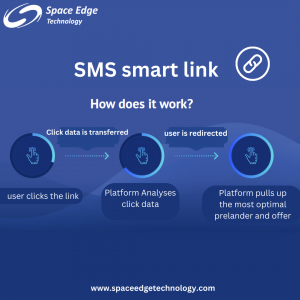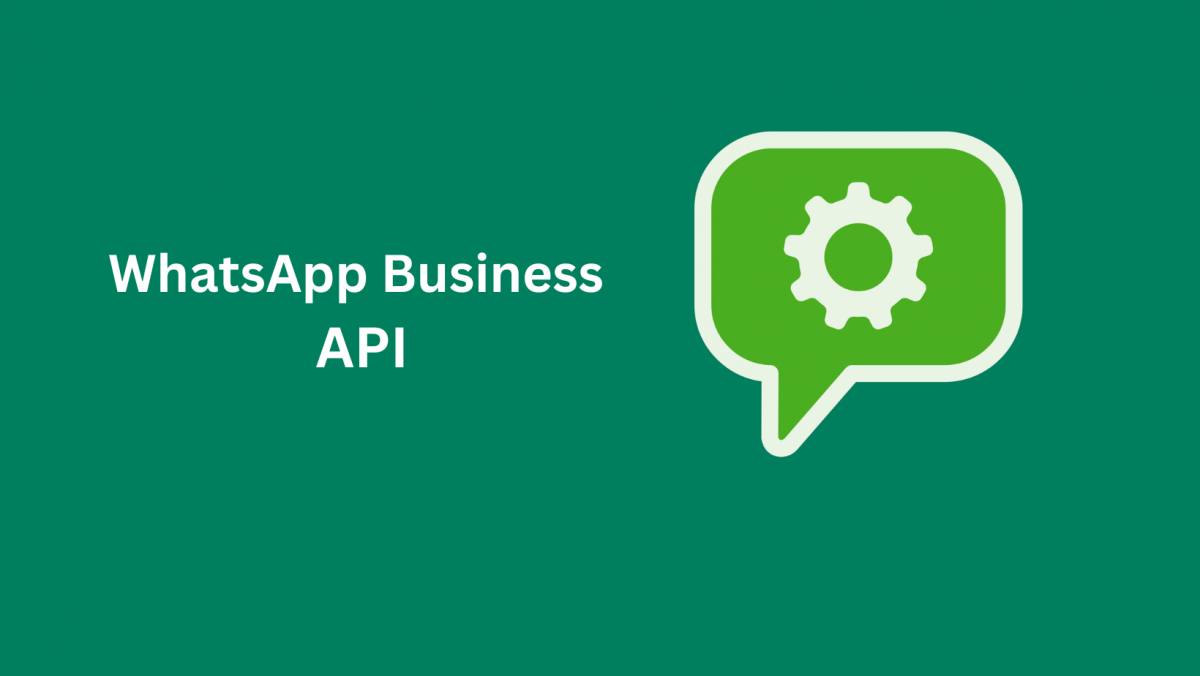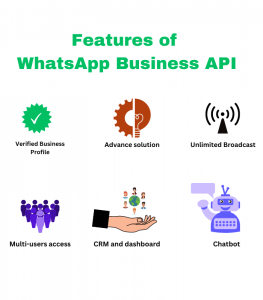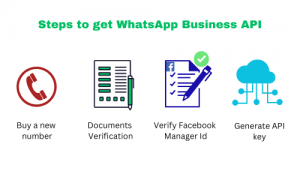SEO vs PPC Which one is better for marketing? People asking this question for a few years. It’s not about which one is better, it’s about how to use them to get maximum ROI.
In the world of Digital Marketing Search engine optimization and pay-per-click marketing has an impactful result.
Search engine results pages are the place where SEO and Pay Per Click advertising show their roles in marketing.
Search Engine Optimization marketing
Generating organic traffic with SEO plays a crucial role. Optimizing content and website to improve ranking on search engine result pages. It will take time to see the result of SEO as you can’t see an immediate result.
Elements of SEO
Keyword Research: Keyword research is the systematic process of identifying and selecting relevant keywords and phrases that potential customers likely to ask to find content, products, or services related to a particular topic or industry. These keywords act as the bridge between your content and the search queries of users. Effectively chosen keywords can significantly enhance your website’s chances of appearing on search engine results pages (SERPs), leading to increased organic traffic.
On-page optimization: On-page optimization, also known as on-page SEO, refers to the process of optimizing individual web pages of a website to enhance their search engine rankings. This includes refining meta tags, headings, keyword usage, and overall content quality. It ensures that your web pages are responsive and mobile-friendly. With mobile searches on the rise, search engines prioritize mobile-friendly websites.
Quality content: Content creation refers to the strategic process of producing various types of digital content, such as articles, blog posts, infographics, videos, and more, to provide value to your target audience. It’s not just about filling pages with words; it’s about delivering solutions, insights, and entertainment that meet the needs of your audience while aligning with search engine algorithms.
Link building: Link building, in SEO, involves the deliberate effort to acquire hyperlinks from other websites to your own. These hyperlinks, often referred to as backlinks, act as pathways that connect users from one website to another. Beyond the human perspective, search engines view these links as indicators of trust, authority, and relevance. The more reputable and relevant websites that link to your content, the higher your website’s perceived value in the eyes of search engines.
Technical SEO: Technical SEO refers to the process of optimizing your website’s technical elements to improve its visibility and accessibility to search engines. It’s the unseen machinery that ensures search engine crawlers can easily navigate and understand your website’s structure, content, and relevance. From website speed and mobile-friendliness to proper indexing and site architecture, technical SEO encompasses a range of factors that influence how search engines interpret and rank your website.
SEO analytics: Analytics provide valuable insights into the performance of your website, offering data-driven insights to make informed decisions. Key metrics like organic traffic, keyword rankings, click-through rates, and more help evaluate the effectiveness of your strategies and adapt them based on real-time data. Tools like Google Analytics, Google Search Console, SEMrush, and Ahrefs offer in-depth analysis of user behavior, backlinks, and other critical aspects. Creating effective SEO reports involves defining goals, selecting relevant metrics, visualizing data, and providing actionable recommendations. Regular reporting helps track progress, refine strategies, and showcase results to stakeholders.
Pay-per-click advertising
This marketing method is not free. Advertisers pay a fee each time their ad is clicked, thereby driving traffic to their websites. This advertising method is prominently featured on search engines, social media platforms, and various websites. And allow the business to reach its potential audience.
Elements of PPC
Keyword Research
Same in SEO Keyword research also serves as the cornerstone of a well-optimized PPC campaign, guiding the selection of the most relevant and impactful keywords for your ads. These keywords determine when and where your ads will appear, directly influencing your campaign’s visibility and the audience you reach.
AD Creation
With the constraint of limited character space, each word bears significance. Effective ad copy succinctly communicates your value proposition, highlighting what makes your product or service exceptional and how it addresses the specific needs of your audience. This requires a clear understanding of your brand’s unique selling proposition (USP), the factor that distinguishes you from competitors. Your ad should eloquently convey why users should choose your business over others.
Landing page optimization
Landing page optimization stands pillar within the realm of PPC campaigns, holding the key to transforming mere clicks into meaningful conversions. This process revolves around refining the user experience on the landing page, harmonizing it with the promises made by the ad, and compelling visitors to undertake the intended actions.
Landing page optimization is maintaining relevance and consistency. It is essential that the content and messaging on the landing page seamlessly mirror the ad that initially captured the user’s attention. This alignment assures users that they have arrived at the anticipated destination, fostering a sense of trust and encouraging them to explore further.
Bid Management
Bid management in Pay-Per-Click (PPC) campaigns is determining the optimal amount to pay for each click on your ads. This strategy plays a central role in shaping your campaign’s success by influencing ad placements, budget allocation, and the overall return on investment (ROI).
At the heart of bid management lies the selection of bid strategies. This decision aligns with your campaign objectives—whether you’re aiming for maximum clicks, conversions, or a specific target cost per conversion. Your chosen bid strategy serves as the guiding principle that steers your bids toward the desired outcome.
Conversation Tracking
Conversion tracking is serving as a guiding beacon to measure the effectiveness of your advertising efforts. It entails monitoring and analyzing user interactions that result in valuable actions—known as conversions—on your website. This process unveils insights into campaign performance, enabling you to fine-tune strategies and optimize outcomes.
PPC vs SEO which one to choose
Deciding between PPC (Pay-Per-Click) and SEO (Search Engine Optimization) depends on your specific goals, budget, timeline, and business circumstances. Each approach offers distinct benefits and considerations. Let’s explore both options to help you make an informed decision:
PPC (Pay-Per-Click):
Benefits:
- Immediate Visibility: PPC ads appear at the top of search results, providing immediate visibility to your target audience.
- Control: You have precise control over ad messaging, targeting options, and budget al
- Quick Results: PPC campaigns can drive traffic and conversions quickly, making them suitable for time-sensitive promotions.
- Flexible Budget: You can start with a small budget and scale up as you see positive results.
- Targeted Audience: You can target specific demographics, locations, devices, and even the time of day.
SEO (Search Engine Optimization):
Benefits:
- Organic Visibility: SEO focuses on improving your website’s organic search rankings, leading to sustained visibility over time.
- Trust and Credibility: High organic rankings often convey trust and credibility to users.
- Long-Term Investment: SEO efforts can lead to lasting results, reducing the need for continuous ad spend.
- Cost-Effective: While SEO requires time and effort upfront, the ongoing costs are generally lower compared to PPC.
- User Experience: SEO often involves optimizing your website for better user experience, which can benefit overall site performance.
Conclusion:
The decision between PPC and SEO is a pivotal one that should align with your specific business goals, resources, and timeline. Both approaches offer distinct advantages and considerations that cater to different needs.
PPC provides immediate visibility through paid advertisements, offering control over messaging, targeting, and quick results. It’s a viable choice for those seeking rapid outcomes, time-sensitive promotions, and precise budget al However, it comes with costs and a learning curve, and its benefits cease once the ad budget is exhausted.
On the other hand, SEO focuses on organic visibility, building trust and credibility over time. It requires an upfront investment of time and effort but offers long-term benefits with sustainable results. SEO is well-suited for businesses seeking lasting visibility, cost-effectiveness, and a foundation of trust among users.
Ultimately, the choice between PPC and SEO hinges on your business objectives and constraints. Combining both approaches can create a balanced strategy that leverages immediate paid visibility while also investing in long-term organic growth. Careful consideration of your goals, budget, and timeline will guide you toward the approach that best aligns with your business’s unique needs and aspirations.
About us
Space Edge Technology is a trustable digital marketing agency. We are your strategic partner in the dynamic realms of Pay-Per-Click (PPC) and Search Engine Optimization (SEO). With an unwavering commitment to driving tangible results, we bring a blend of expertise, innovation, and passion to the forefront of every campaign we undertake.
